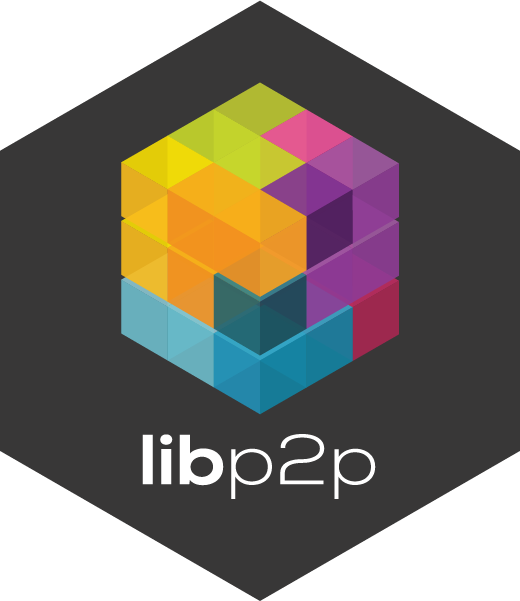* use var semantics to optimize table access * wip... lvalues don't work properly sadly... * big publish refactor, replenish and balance * fix internal tests * use g.peers for fanout (todo: don't include flood peers) * exclude non gossip from fanout * internal test fixes * fix flood tests * fix test's trypublish * test interop fixes * make sure to not remove peers from gossip table * restore old replenishFanout * cleanups * Cleanup resources (#246) * consolidate reading in lpstream * remove debug echo * tune log level * add channel cleanup and cancelation handling * cancelation handling * cancelation handling * cancelation handling * cancelation handling * cleanup and cancelation handling * cancelation handling * cancelation * tests * rename isConnected to connected * remove testing trace * comment out debug stacktraces * explicit raises * restore trace vs debug in gossip * improve fanout replenish behavior further * cleanup stale peers more eaguerly * synchronize connection cleanup and small refactor * close client first and call parent second * disconnect failed peers on publish * check for publish result * fix tests * fix tests * always call close Co-authored-by: Giovanni Petrantoni <giovanni@fragcolor.xyz>
The Nim implementation of the libp2p Networking Stack.
Introduction
An implementation of libp2p in Nim. Also provides a Nim wrapper of the Libp2p Go daemon.
Project Status
The current native Nim libp2p implementation support is experimental and shouldn't be relied on for production use. It is under active development and contributions are highly welcomed. :)
Check our examples folder to get started!
Table of Contents
Background
libp2p is a networking stack and library modularized out of The IPFS Project, and bundled separately for other tools to use.
libp2p is the product of a long and arduous quest of understanding; a deep dive into the internet's network stack and the peer-to-peer protocols from the past. Building large scale peer-to-peer systems has been complex and difficult in the last 15 years and libp2p is a way to fix that. It is a "network stack", a suite of networking protocols that cleanly separates concerns and enables sophisticated applications to only use the protocols they absolutely need, without giving up interoperability and upgradeability.
libp2p grew out of IPFS, but it is built so that lots of people can use it, for lots of different projects.
- Learn more about libp2p at libp2p.io and follow our evolving documentation efforts at docs.libp2p.io.
- Here is an overview of libp2p and its implementations in other programming languages.
Install
nimble install libp2p
Prerequisite
Usage
API
The specification is available in the docs/api folder.
Getting Started
Please read the GETTING_STARTED.md guide.
Tutorials and Examples
Example code can be found in the examples folder.
Direct Chat Tutorial
- Part I: Set up the main function and use multi-thread for processing IO.
- Part II: Dial remote peer and allow customized user input commands.
- Part III: Configure and establish a libp2p node.
Using the Go Daemon
Please find the installation and usage intructions in daemonapi.md.
Examples can be found in the examples/go-daemon folder;
Development
Clone and Install dependencies:
git clone https://github.com/status-im/nim-libp2p
cd nim-libp2p
nimble install
Tests
Prerequisite
Run unit tests
# run all the unit tests
nimble test
Packages
List of packages currently in existence for nim-libp2p:
Libp2p
Transports
Secure Channels
Stream Multiplexers
Utilities
Data Types
Pubsub
Packages that exist in the original libp2p specs and are under active development:
- libp2p-daemon
- libp2p-webrtc-direct
- libp2p-webrtc-star
- libp2p-websockets
- libp2p-spdy
- libp2p-bootstrap
- libp2p-kad-dht
- libp2p-mdns
- libp2p-webrtc-star
- libp2p-delegated-content-routing
- libp2p-delegated-peer-routing
- libp2p-nat-mgnr
- libp2p-utils
** Note that the current stack reflects the minimal requirements for the upcoming Eth2 implementation.
Contribute
The libp2p implementation in Nim is a work in progress. We welcome contributors to help out! Specifically, you can:
- Go through the modules and check out existing issues. This would be especially useful for modules in active development. Some knowledge of IPFS/libp2p may be required, as well as the infrastructure behind it.
- Perform code reviews. Feel free to let us know if you found anything that can a) speed up the project development b) ensure better quality and c) reduce possible future bugs.
- Add tests. Help nim-libp2p to be more robust by adding more tests to the tests folder.
Core Developers
@cheatfate, Dmitriy Ryajov, Giovanni Petrantoni, Zahary Karadjov
License
Licensed and distributed under either of
- MIT license: LICENSE-MIT or http://opensource.org/licenses/MIT
or
- Apache License, Version 2.0, (LICENSE-APACHEv2 or http://www.apache.org/licenses/LICENSE-2.0)
at your option. This file may not be copied, modified, or distributed except according to those terms.




